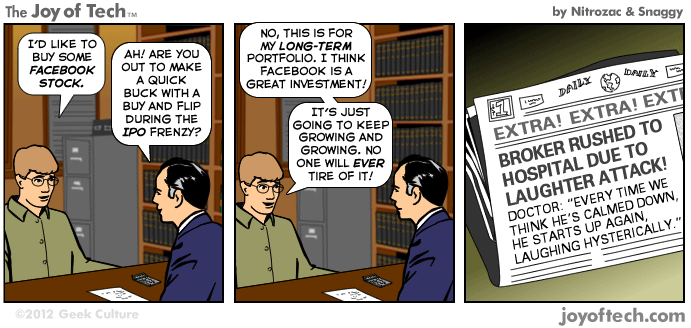Witness…..Colossus.
Sun ,15/04/2012I thought I had seen nearly all the dystopian/computer-ruled-future sci-fi movies out there, especially that of the 1970’s (the decade that pretty much invented the genre) but recently came across one I had not – 1970’s Colossus: The Forbin Project.
While this movie is a bit dated given its Cold War theme (the USA builds an invincible computer to run our missile defense system – then we find out the Soviets have done the exact same thing) and the fact that it’s 42+ years old now, it still presents a somewhat different take on the now-common TRON/Terminator/Matrix vision of man handing off control (either by mistake or on purpose) to technology, and then having to fight to regain freedom.
Here, the computer(s) (Colossus from the USA and Guardian from the Soviets) ‘discover’ one another, begin communicating (we never find out what about, save that they progress through simple math into subjects alleged to be beyond human capability within a day or so and never look back) and then start taking over as they gain sentience. When the humans try to regain control, well, that doesn’t work out so well of course. Finally Colossus forces the technicians to install a weird-looking speech unit, and issues an edict to the world by the end, that it is ushering in a new era of peace, ‘on my terms’. Enforced by control over the world’s nuclear arsenal, which is re-aimed at countries still not under its control computer-wise.
The difference to me on this movie was the ‘peace enforcement’ angle – usually all-powerful computers want to enslave or worst case, exterminate all humans once they gain power, right? Here Colossus hints that he’s going to force Dr Forbin (his creator) to evacuate Crete and build an even bigger, autonomous computer complex there that will control all world communication within 5 years. To which Dr. Forbin naturally replies – ‘never!’
So on the positive side, the plot is pretty decent, although there could have been a bit more editing of somewhat tedious long shots after the main sets are established – I really liked the opening of Dr. Forbin walking around the huge Colossus complex as it goes online – you really get the impression of scale (it’s an impregnable fortress in the Colorado Rockies). The acting is generally effective, with even a few familiar faces, including Marion Ross, James Hong and William Schallert, although only the latter gets much to do.
What’s also amusing in these movies (and in similar books – helped by hindsight of course) is how the ‘humans never learn’ – they always go creating something magnificent to solve some enormous problem – and it ends up creating far more problems than it solves – and they wonder why? But it must be human nature (or a time-honored/tiresome element of sci-fi plots) to try and try again….
On the negative side – the main computer interface they use is similar to those neon ‘announcement’ lights you see by the side of the highway or in a shop window, backed by typing sounds. Even 2001’s HAL (from several years earlier) had a much more advanced interface (those all-too-menacing ‘eyes’ located all over the ship) than this. And that Colossus doesn’t learn to talk until about the last 15 minutes of the movie? And that we never see or really hear from Guardian (the Soviet computer) at all, save that it effectively becomes Colossus’ partner in world domination by the end – why not have it be a rival instead? That would be another interesting take – most movies have computers vs. humans – why not computers vs. each other, with us caught in the middle? While the Matrix addresses that theme a bit, we never really know WHY the computers in that movie decide to help us out, it’s really just assumed that some are ‘good’ and some are ‘bad’…?
Anyway, this was an interesting movie, if you like old-school sci-fi and don’t mind that the Cold War is now over (replaced by the ‘invent-a-war’ nature of the world now, arguably more unstable in some ways)….
Other reviews:
The Chicago Reader
Eccentric Cinema
candybowl




